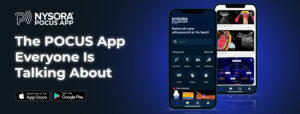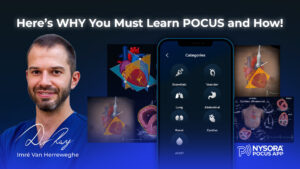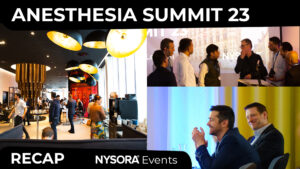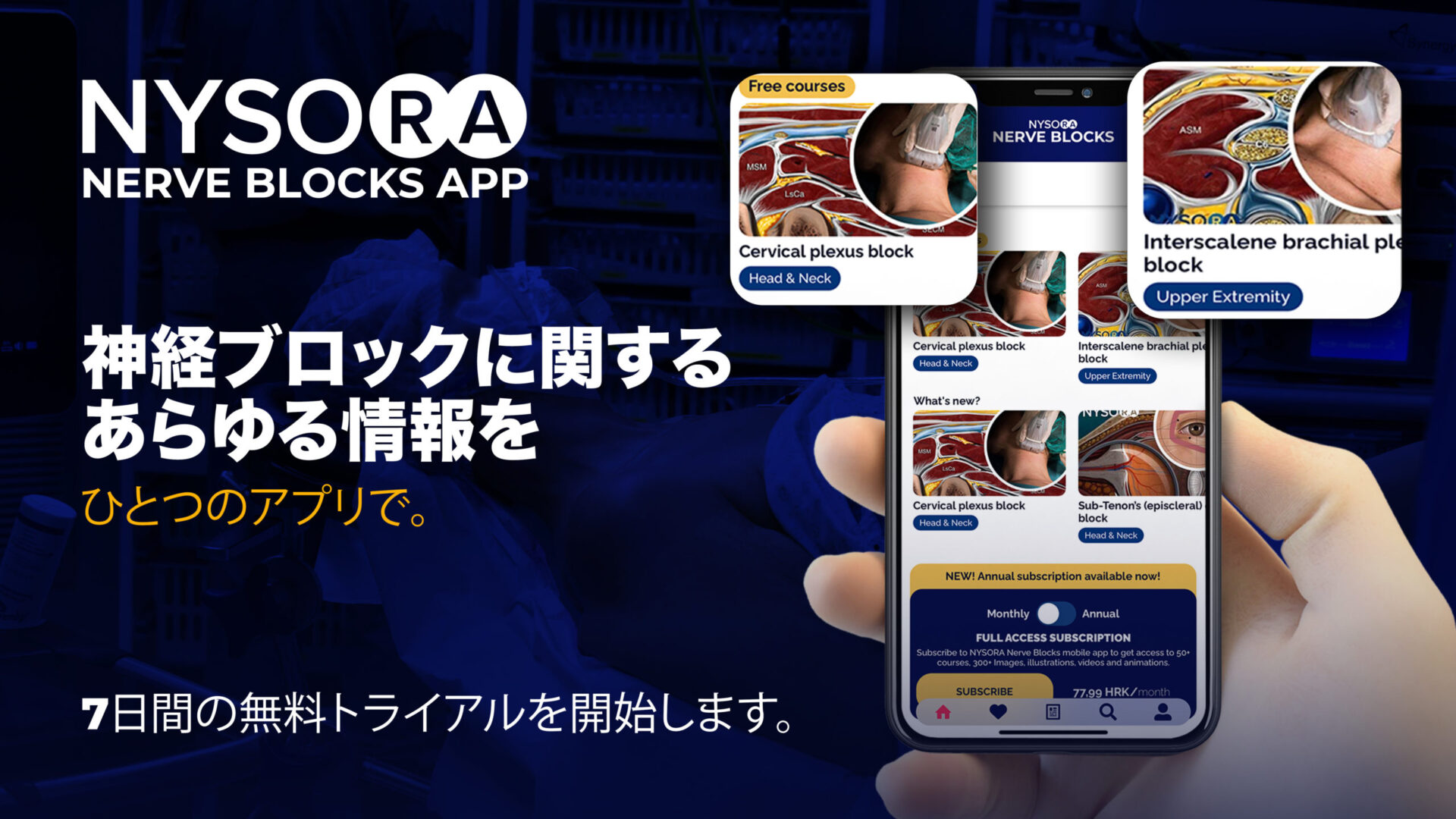There’s something about the fresh mountain air and pristine snow slopes that clears the mind and allows thought to crystallize ever more clearly.
I’m just back from the NYSORA CME Summit in the beautiful French Alpine resort of Val D’ Isère; an experience that blew me away and gifted me the chance to observe how NYSORA’s vision to create high-quality “education while on vacation” is evolving and bearing fruit.
It was an opportunity to see first-hand how the learning methods we are developing flourish in conditions conducive to effective learning. The “Edvacation” is proving to be incredibly effective, and, judging by the enthusiastic reviews we have received from the delegates so far, our course participants seem to agree!
Along with the drive to create superb quality educational materials and to leverage methods that enable us to update those materials as medical science evolves, we at NYSORA also have the desire to deliver that content in such a way as to best support the learner, in terms of uptake, comprehension, practical application, and extended retention times.
So, what are the features of the NYSORA Edvacation that contribute to its success?
To answer that, let’s look at the factors that are known to support effective learner outcomes:
Peak Performance: Striving for the Highest in Higher Education
In line with its mission to provide the best-in-class education, NYSORA’s CME Retreats optimize the delivery of education with regard to both the quality of content and the manner of presentation. The CME programs incorporate the latest NYSORA cognitive aids, such as short clinical videos, reverse ultrasound anatomy illustrations and animations, and more. The result is simply – an interactive CME event that inspires and encourages the delegates to implement the new knowledge in their clinical practice upon return.
Environment
It is already an established fact that we learn best when we are relaxed, and yet for most busy practitioners, the opportunities to acquire new learning and assimilate revolutionary techniques are often squeezed into a hectic daily schedule, where the effectiveness of learning objectives is compromised by varying degrees of stress.
Focus
The concept of “retreat,” where one retreats from the hustle and bustle, has long been valued as a tool where the participant is temporarily extracted from their normal routine and responsibilities, freeing up the mind to concentrate on a particular task without interruption from the distraction and demands of the everyday. Focus = Attention and Attention = Love. Whatever you give your attention to, increases.
Repetition
It may seem obvious that the more times the learner is presented with the information, the more likely that information is to be retained. However, dull repetition introduces resistance and reduces efficacy. This means that, in order to overcome resistance, learned information must be re-introduced to a refreshed brain after a time interval, and, ideally, in a novel manner, to avoid learner fatigue. At the NYSORA retreat, the teaching content from the previous session was recapped at the next session, after at least 7 hours had elapsed. This knowledge was then reinforced with a complete picture “live scanning” presentation at the end of the course.”
Elicited not Unsolicited
The trouble with published books and papers, and lectures, to some extent, is that they often present unsolicited information – that is, the learner hasn’t requested the information and so is less receptive to passively receiving the “answers.” It is a “one-way” dialogue. Educators are aware of the different levels of uptake between “content presented” and “content elicited.” Studies have shown that we retain approximately 20% of information “presented to us,” whereas, when we ask for the information, usually because we have an immediate need for the answer, and we tend to remember it in detail!
Personalization
Elicited information becomes even more memorable when it relates to our personal situation. Creating conditions where practitioners get to ask questions that immediately impact their personal experience is one of the most valuable educational resources of all.
Interactive
Receiving wisdom passively from a source, whether human or digital, is one-way traffic. However, when you allow the learner to interact and ask questions, learning is accelerated exponentially.
And an Extra One for the Connected Generation!
Today’s learner, who cannot remember a time when “books were all we had” is no longer content to receive “boring” content in one-way monologues or media that don’t allow for interaction or personal control. They expect, or even demand, to be entertained and to be led on a journey where they can determine at least part of the outcome.
Although that might sound alarming to generations who assumed it enough to publish and sit back, it can no longer be ignored. The argument that “study should be hard; it’s not meant to be fun” no longer holds water, and the tide is turning. For educators, you have a choice: to remain stranded on the shore and watch as the boat sails, or to join those of us with a passion for the quality and advancement of education and the desire to meet learners where they are and to lead from where they expect us to be.
Putting the “Fun” Back Into the Fundamentals
“Fun” may sound frivolous, but, in reality, it means “lack of resistance.” If we genuinely want medical practitioners to keep up to date with new knowledge and guidelines, then surely it is desirable to present that information in such a way as to avoid resistance to study. Any tool we can leverage to make learning fun lessens the resistance and enables the learner.







